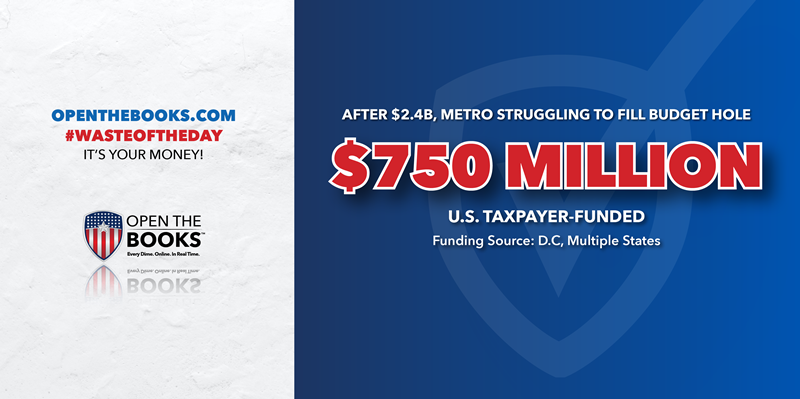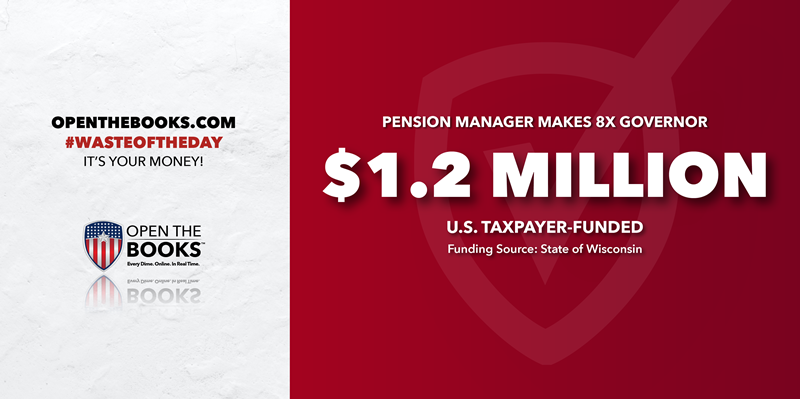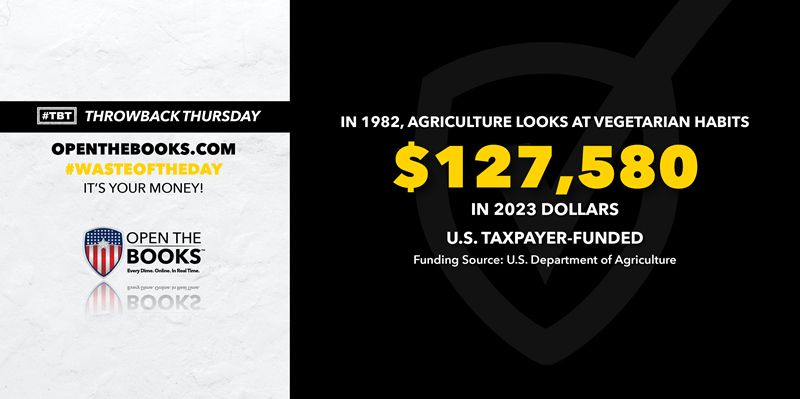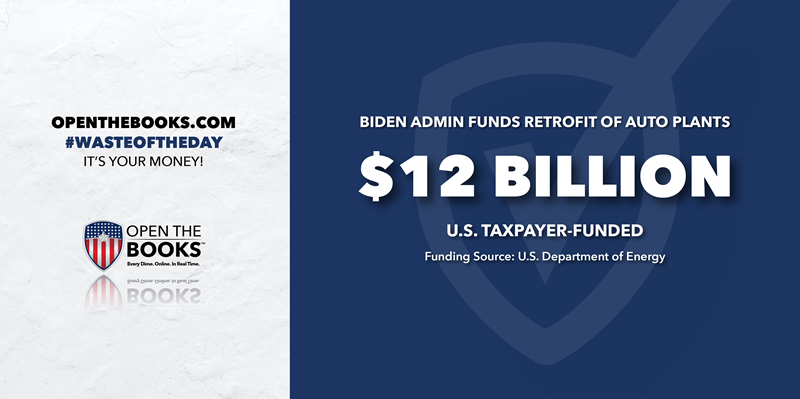
Gang Members Used COVID Relief Funds to Hire Hitmen
November 13, 2023

The Department of Justice recently charged 371 people with stealing a combined $836 million in funds that were meant to be used for Covid 19 relief, according to The New York Post.
The charges came after a three-month investigation by various law enforcement agencies, which led to 63 of the 371 people charged to be deemed gang members and others with connections to violent crime. Some of the funds were even used in murder-for-hire plots, prosecutors say.
Much of the misused funds comes from pandemic unemployment insurance as well as funds from Small Business Administration programs including the Paycheck Protection Program and economic injury disaster loans, according to the DOJ.
These charges are in addition to the 3,000 individuals already charged by the DOJ, with the agency seizing $1.4 billion in misused pandemic-era relief funds. Some of the most fraudulent programs include the Paycheck Protection Program and the Economic Injury Disaster Loan Program, both administered by the Small Business Administration.
These programs have been rife with fraud. The PPP program alone had about $200 billion in fraudulent payments, equaling about 17% of the loans awarded.
The criminals have spent stolen funds on luxury cars, private jet rides, vacation homes, and designer jewelry, according to The Post. Just last week, a real estate broker was sentenced to three and a half years in prison for using $381,000 in fraudulently obtained funds to buy a Bentley, a luxury apartment and pay for cosmetic procedures.
Of those charged in this wave, 119 pleaded guilty or were convicted, and 117 cases were handled in civil court. The DOJ says $231.4 million of the stolen funds have been recovered so far.
COVID-19 stimulus programs continue to be some of the most fraudulent programs in history, with record amounts of taxpayer money used for self-enrichment by criminals thanks to insufficient oversight and controls.
D.C.’s Metro Faces $750 Million Shortfall, Asks States For More Money
November 14, 2023

Washington D.C.’s Metropolitan Area Transit Authority, or Metro, has received $2.4 billion in federal aid since the beginning of the pandemic but its finances are such a mess, that it still needs $750 million to break even next year, The Washington Post reported.
Ridership had fallen, bringing in less revenue than needed to run the train system. Although ridership has come back recently, the budget shortfall is still a problem, which could mean service cuts for the now-busy system.
Metro said in a recent report that it found $95 million in new, one-time savings in the current budget year and another $50 million in ongoing savings beginning next year, The Post reported. The savings come partly from using fewer consultants, consolidating call centers and having Metro conduct its own police training.
But the transit authority needs a lot more cash. It is considering taking between $60 million and $345 million from its capital program. Filling the gap is needed but that would skim funds off the top of the funds used for things like modernizing the system, upgrading signaling systems, and buying new rail cars and zero-emission buses.
No matter what, Metro will ask D.C., Virginia and Maryland to contribute more money.
Metro’s new report “paints a dire picture of Metro’s future if the agency fails to garner enough local support,” including having to service by about two-thirds, The Post reported.
Service cuts “would likely trigger a death spiral of a loss of ridership, detrimentally impact the region through worse traffic, reduce access to jobs and opportunity, and more pollution,” the report said.
While the newspaper reported that those “worse-case scenarios are unlikely” because regional leaders expressed support for paying for the train system, having been subsidized with $2.4 billion of taxpayer funds, Metro has a lot to answer for.
‘Middle-of-the-Road’ Pension Fund Manager Collects 8X Governor’s Pay
November 15, 2023

Wisconsin Pension Fund Manager Edwin Denson made $1.2 million last year, making him the highest-paid public employee in Wisconsin, according to the Wall Street Journal.
Denson’s salary is eight times the Wisconsin governor’s salary, The Journal reported. It’s over six times what Wisconsin’s U.S. Senators make, and three times what the President of the United States makes.
Despite this extravagant compensation, the Journal called Wisconsin’s Pension Fund returns “middle-of-the-road,” with the fund ranking fifth out of 10 for large pension funds in five-year performance. It ranks 11 out of 25 for funds with the same fiscal year-end date.
Despite these mediocre returns, bonuses have ballooned for many Wisconsin pension fund empoyees. The Journal reports that the bonus pool has skyrocketed from $3 million in 2009 to $24 million in 2021. The average bonus in 2021 was $206,452. Since 2011, 97% of the investment board’s employees eligible for bonuses have received them every year.
Obviously, good investment managers can have lucrative careers in the private sector, so paying them well to invest smartly is not inherently wasteful. But employees making over $1 million should be held to the highest standards of delivering excellent returns year in and year out, a standard that Wisconsin’s pension managers haven’t cleared.
In New York, whose pension fund’s returns ranked second out of the 10 largest funds, the top investment officer made less than $500,000. In Wisconsin, 30 employees at the pension fund made more than $500,000.
Extravagant pay doesn’t guarantee superior returns, and Wisconsinites are right to question why they are paying lucrative salaries and bonuses to average investors.
Throwback Thursday: In 1982, Agriculture Dept. Studied Connection Between Food And Personality
November 16, 2023

Throwback Thursday!
The U.S. Department of Agriculture spent $40,000 in January 1982 —$127,580 in 2023 dollars — for studying food preferences and social identity.
For this wasteful spending, Sen. William Proxmire, a Democrat from Wisconsin, gave the Department of Agriculture a Golden Fleece Award. He gave awards to wasteful and nonsensical spending, eventually handing out 168 Golden Fleece Awards between 1975 and 1988.
The study tried to demonstrate that “you are what you eat,” claiming that people with certain personalities eat certain kinds of food.
“My answer to this study is ‘so what?’” Proxmire said then. “Who cares what it means when you eat carrots instead of caviar? Here’s a $40,000 study calculated to make the American taxpayer eat his heart out.”
Participants were asked their preferences about five categories of food: synthetic, vegetarian, fast food, health and gourmet food. The results that tax dollars paid for included that vegetarians like intellectual tasks, crafts and want a good education. Gourmet food lovers are supposedly interested in “life in the fast lane” - they want spouses but few children and enjoy playing tennis.
The study found that fast-food eaters are antidrug, patriotic, conservative and do hard work on the job, while health food nuts are laid back.
“To gain these marvelous bits of wisdom, people were asked to do such things as take the food preferences of a hypothetical person and make inferences about the person’s personality and lifestyle,” Proxmire said. “Or the participants’ own personalities were used to predict the kind of food they would like.”
The Department of Agriculture had been criticized in the past, Proxmire noted, for funding other esoteric studies with little or no practical value.
“In fact, as a result of studies like this, the U.S. Senate Appropriations Committee has now put language in bills that prohibited the grants office from using money to pay for social science and psychological studies,” Proxmire said.
While $40,000 may not be much in the federal budget, it could buy a lot of food for a family, no matter what personalities they have.
U.S. Will Give $12 Billion To Auto Makers To Retrofit Plants For EVs
November 17, 2023

The Biden administration is so enthusiastic to push electric and hybrid vehicles on the public that the Energy Department is offering $12 billion in grants and loans for automakers and suppliers to retrofit their plants, Reuters reported.
Energy Secretary Jennifer Granholm recently made the announcement, telling reporters “While we transition to EVs, we want to ensure that workers can transition in place, that there is no worker, no community left behind.” Granholm is the former governor of car-manufacturing state of Michigan.
The Biden administration hopes to meet its goal of having EVs represent at least half of all new car sales in the U.S. by 2030. Besides EVs, the funding can be used for factories that make efficient hybrid, plug-in electric hybrid, plug-in electric drive and hydrogen fuel cell vehicles.
The United Auto Workers (UAW) union just ended a six-week strike that cost automakers an estimated $10 billion, and Energy Department grants and loans to convert existing auto plants to build electric vehicles could help win them over.
The UAW previously warned that too quick of a change could put thousands of jobs at risk in states like Michigan, Ohio, Illinois and Indiana.
When the Energy Department announced its plan to lend $9.2 billion to a joint venture of Ford Motors and South Korea's SK On to build three U.S. battery plants, UAW President Shawn Fain called the loan a massive "giveaway" with "no consideration for wages, working conditions, union rights or retirement security" that would help create low-paying jobs adding, "Why is Joe Biden’s administration facilitating this corporate greed with taxpayer money?" Reuters reported.
The Inflation Reduction Act which was passed by Democrats last year, will fund $2 billion in grants and $10 billion in loans will come from the Energy Department's Loans Program Office.
Using $12 billion in taxpayer funds to prop up private, for-profit industry so they do the administration’s bidding is at least wasteful, if not unethical.
The #WasteOfTheDay is presented by the forensic auditors at OpenTheBooks.com.